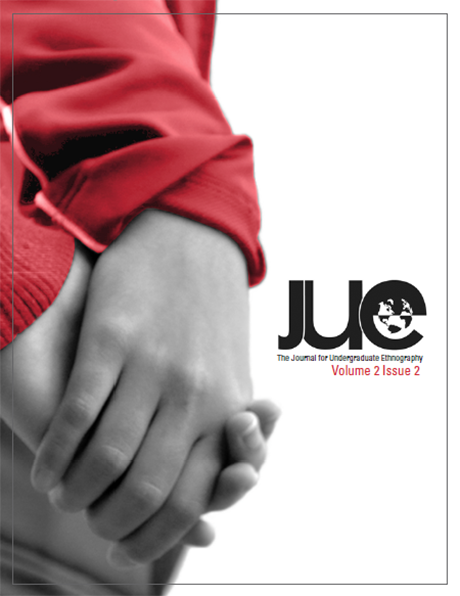Jainism's Intersection with Contemporary Ethical Movements: An Ethnographic Examination of a Diaspora Jain Community
DOI:
https://doi.org/10.15273/jue.v2i2.8146Abstract
As the second generation of Jain immigrants in the United States transition from youth to full-fledged adults, significant changes to the interpretation and practice of Jainism in diaspora have begun to emerge. Relying on participant observation at the Jain Study Center of North Carolina community and eight interviews with members of this community, my research investigates the critical shift present between the younger generation and the older generation of this population and examines its potential causes. I argue that the absence of religious authority in diaspora and the increase of Western influence have redirected emphasis from ritual to ethical practice, particularly within the younger generation. This increased focus on ethical practice has presented itself through the incorporation of elements from contemporary Western environmental and animal rights movements. Additionally, it has increased the prominence of the core Jain values of ahimsa (non-violence), aparigraha (nonattachment or non-possessiveness), and anekantavada (non-one-sidedness), as well as their corresponding day-to-day actions, at the expense of traditional ritual practices such as puja (worship).


